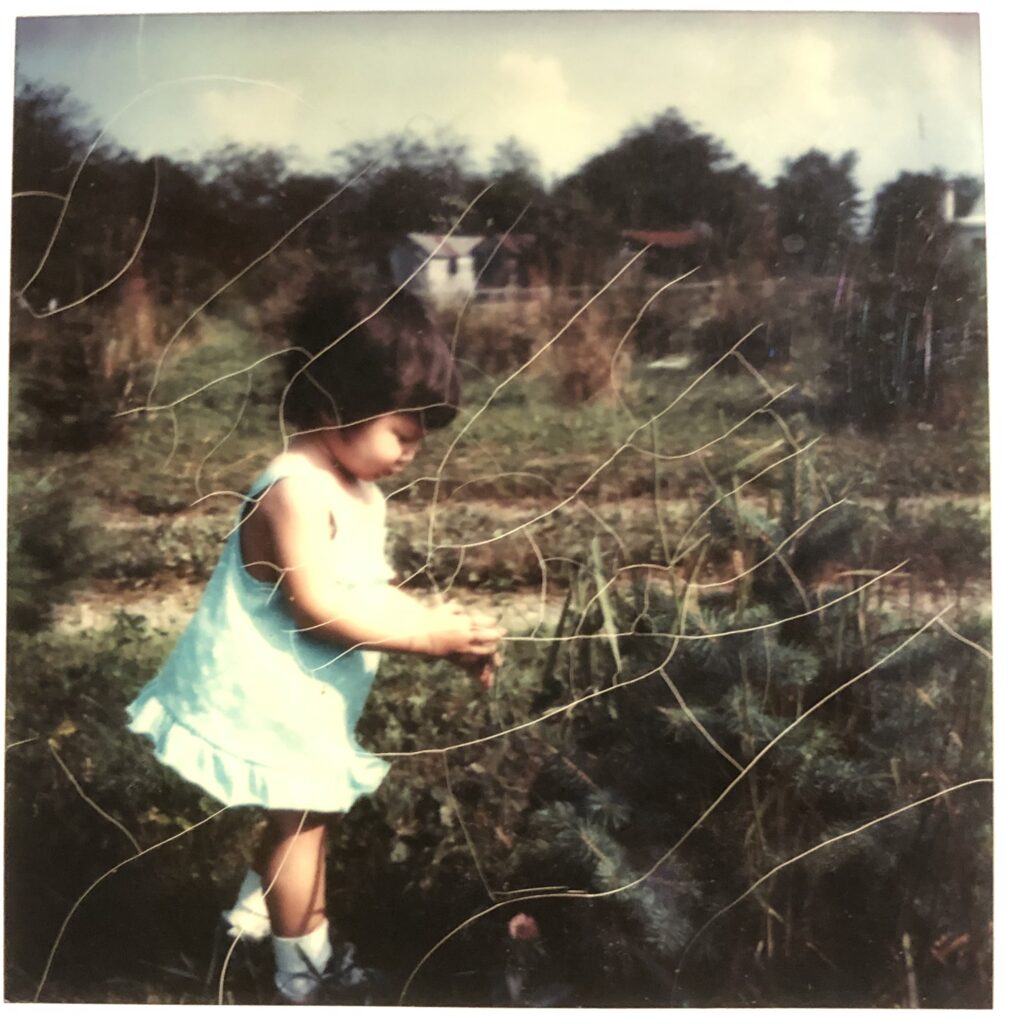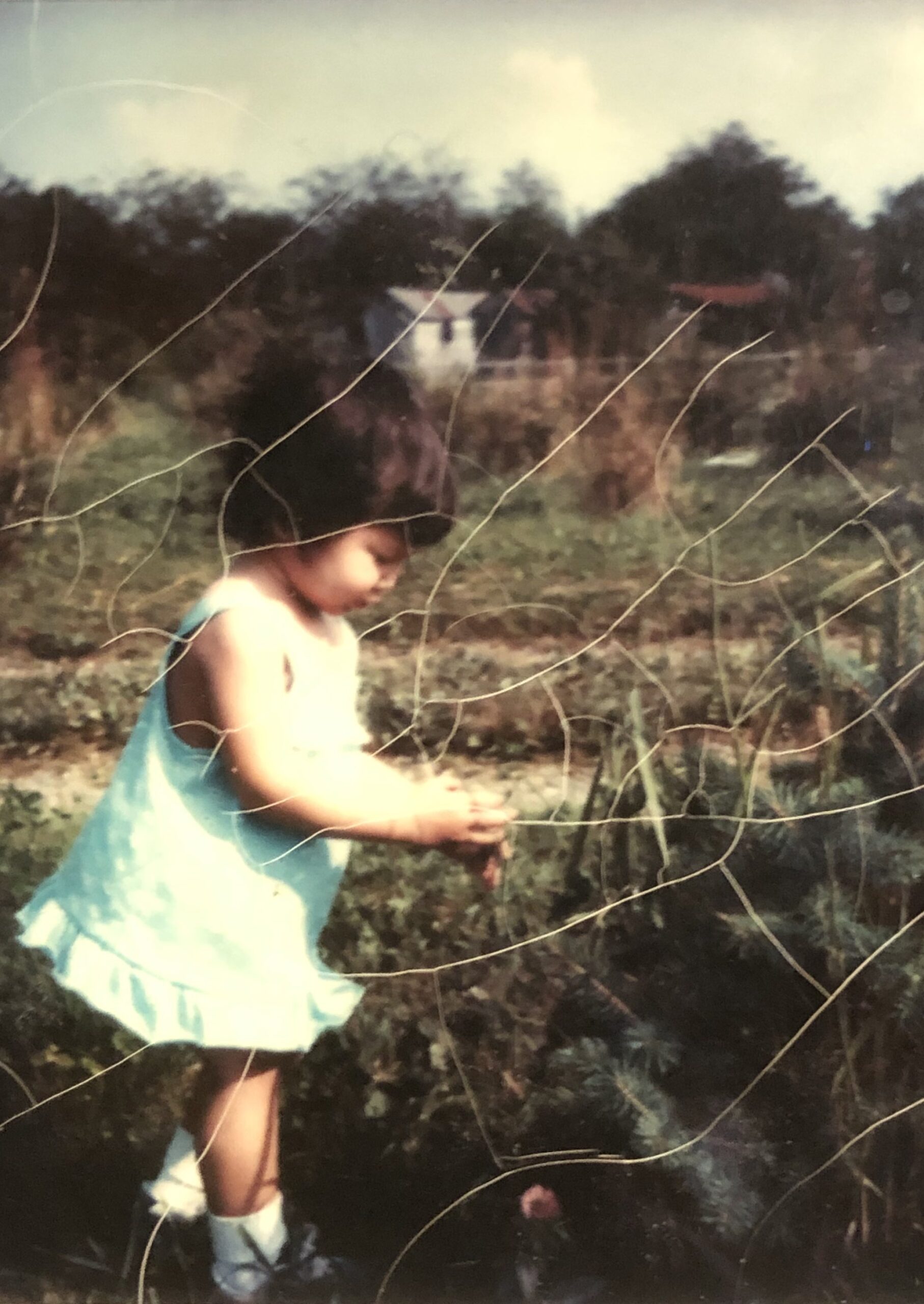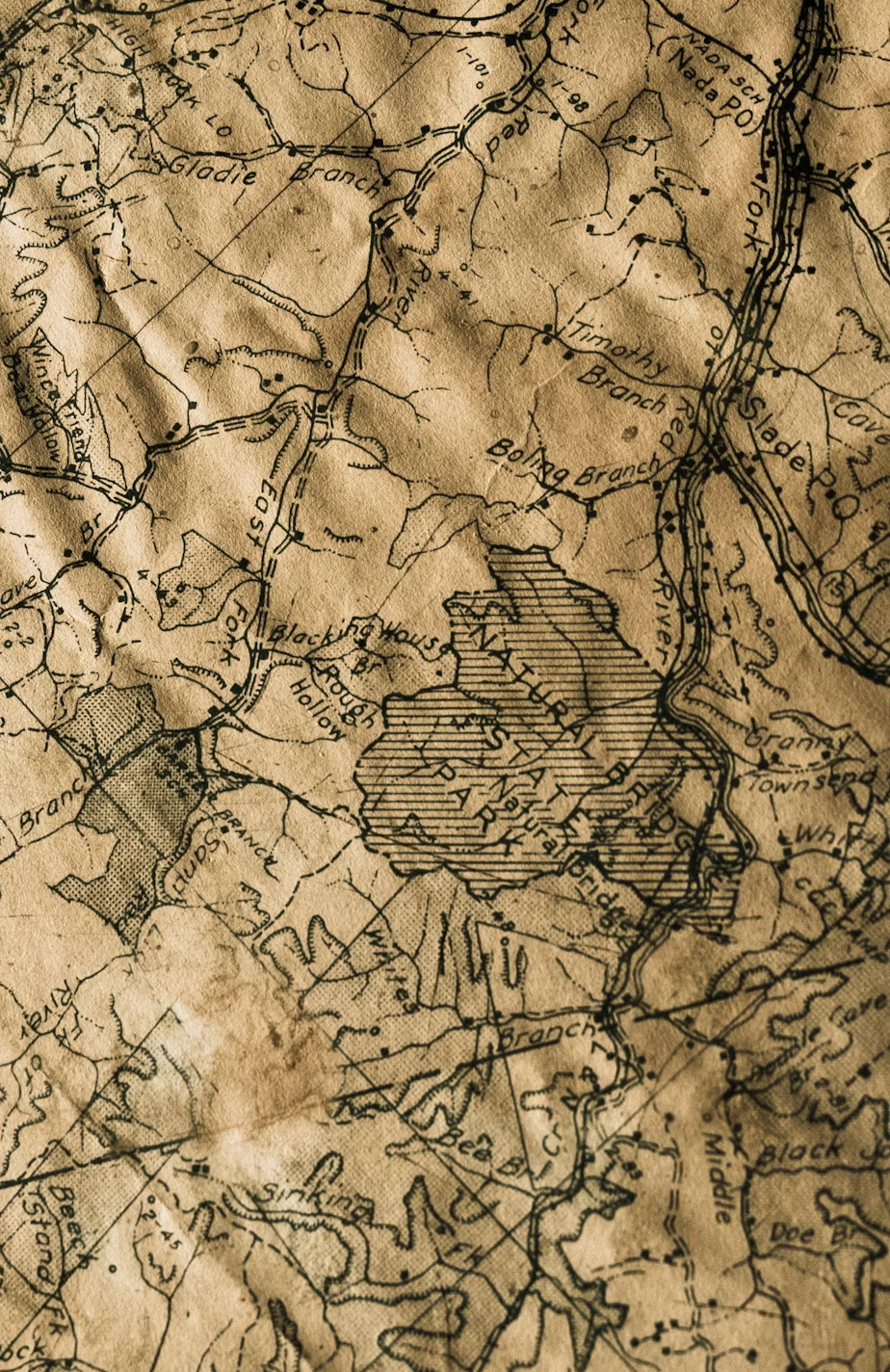
Port Murray, New Jersey and Milwaukie, Oregon
for my grandparents, who did not teach me
how to farm, and yet they scattered these seeds:
How a dunk into scalding water slips
the skin from a peach, leaves it unfuzzed, slick
for canning. How the trick to shucking corn
is one clean jerk. How jars of beet brine turn
eggs to amethysts that stain my fingers,
my lips. They left me to play in cellars
stocked with preserves and jam, in rows of trees
that released chestnut burrs for my bare feet
to find. What would they think of my pea shoots
left unlatticed, free to tendril one noose
after another around other plants,
my slapdash harvest, larder left to chance?
***
My slapdash harvest, larder left to chance,
is just one indicator of my lax
attitude to keeping house. This morning
my neighbor issued a final warning
about the weeds I’ve left unchecked to crawl
through links in our shared fence, to cast a pall
over his trim lawn. I made him a gift
of two quarts of asparagus, purplish
tips that persist among the knee-high grass
into which the dogs disappear, no tracks
to mark their path, to show what ground they’ve touched.
Forgive me, dear neighbor. I’m loath to cut
back the blackberry that, though it buries
the primrose, still charms the orange-belted bees.
***
The primrose still charms the orange-belted bees
until I find their hillock of bodies
atop their nest, victims of pesticide
applied in the nursery. When it’s time,
I’ll celebrate their lives by plucking each
ripe berry from its spiny cane, will reach
for my grandmother’s technique, her quick twist,
will recall how once she kissed my thorn-nicked
thumb and named my blood as mixed. I offer
thanks, always too late, for those few lovers
who never saw me as parts to be stitched
together, made whole, for this skin in which
I have grown to be, at moments, carefree,
for my grandparents, who did not teach me.
Jennifer Perrine is the award-winning author of four poetry books: Again, In the Human Zoo, The Body Is No Machine, and No Confession, No Mass. Jennifer serves as an editor for Airlie Press and a guest editor for Broadsided Press, co-hosts the Incite Queer Writers reading series, and hosts The Occasion, a poetry radio show on KBOO FM in Portland, Oregon. When not writing, Jennifer leads workshops on creative writing, social justice, and intersectional equity. Read more at www.jenniferperrine.org.




